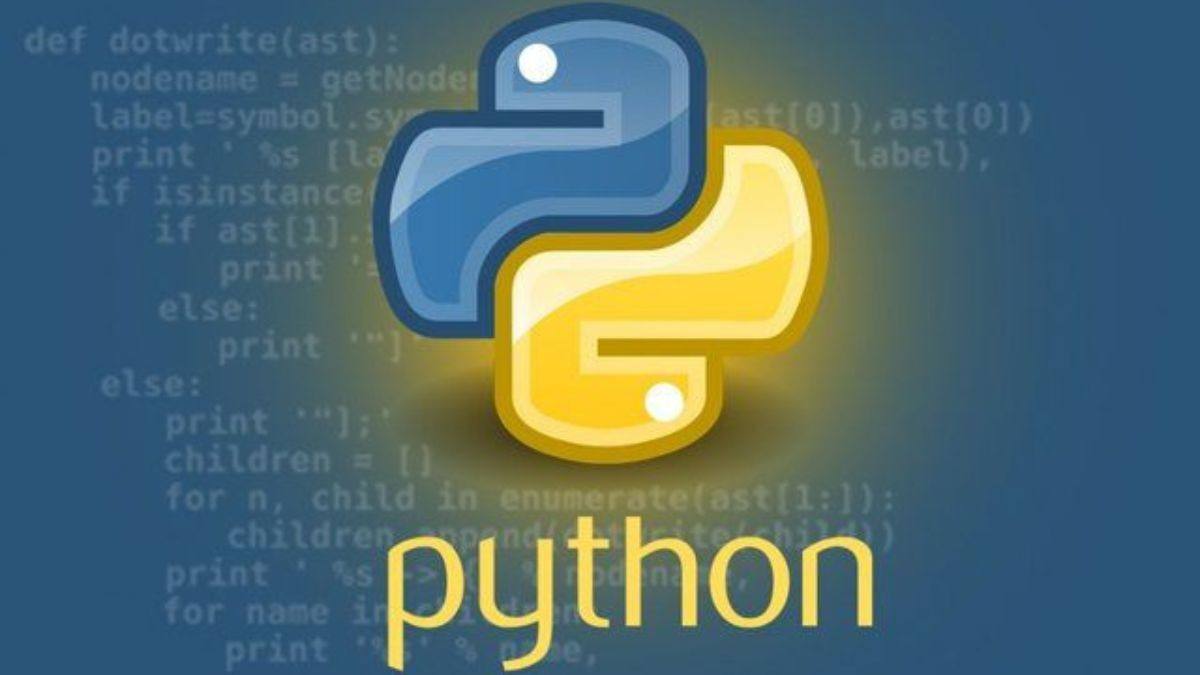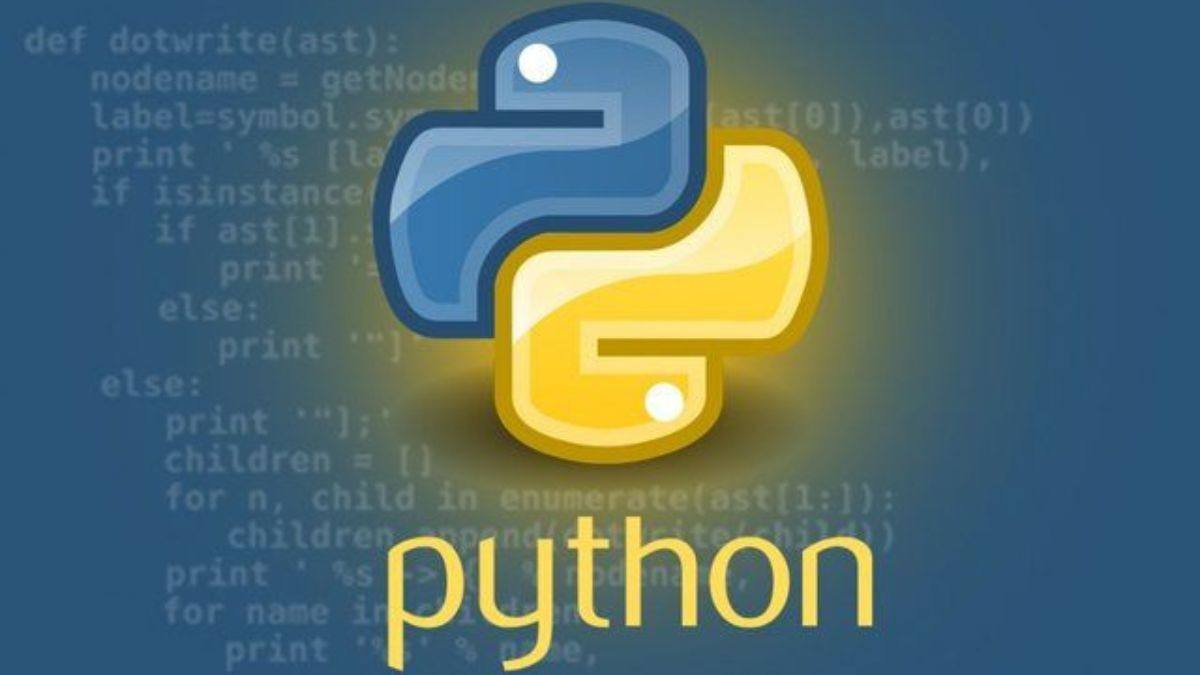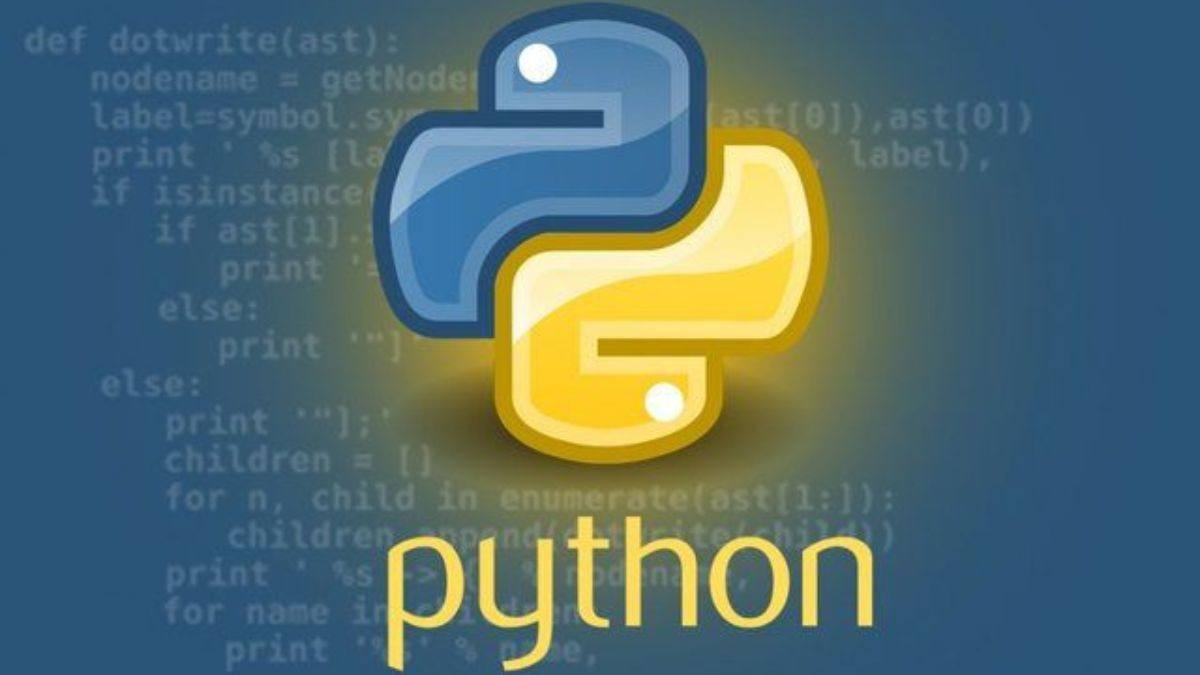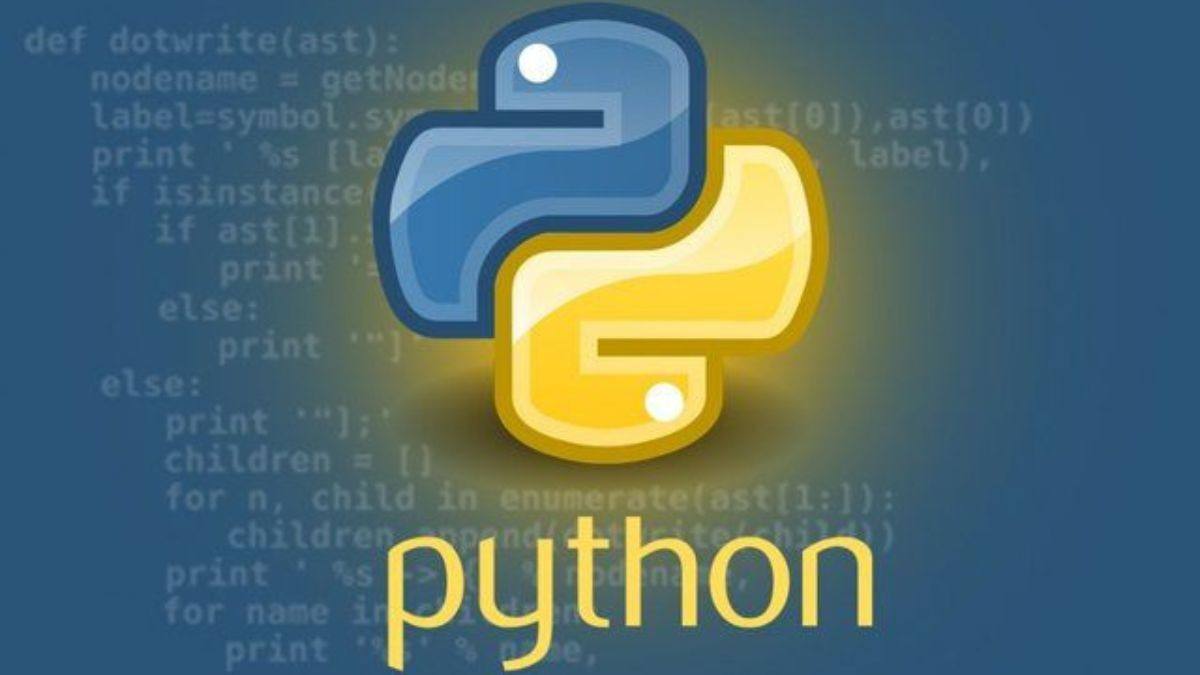Blog
Analyzing and Visualizing Data - Pandas & Matplotlib (Part 2)
Paragraph 1 Pandas is a powerful Python library designed for data manipulation and analysis. Before diving into filtering and grouping, ensure you have imported it using import pandas as pd. This alias (pd) is a convention that makes code shorter and more readable. You’ll also need a dataset—commonly a CSV file, Excel sheet, or even a Python dictionary converted into a DataFrame, which...
Introduction to Data Science with Pandas (Part 1)
Python is a powerhouse for data science. It offers a vast ecosystem of tools that make complex tasks simple and efficient. Today, we introduce the Pandas library. Pandas is one of the most popular and essential libraries in the Python data science stack. We'll learn how to create and manipulate the primary Pandas data structure. This structure serves as the foundation for most data analysis work...
Making the GUI Interactive - Tkinter (Part 2)
A GUI isn't useful if it doesn't do anything. Today, we'll learn about event-driven programming, a fundamental concept in modern application development. Instead of running code in a strict sequence, event-driven programs wait for user interactions—such as clicks, key presses, or mouse movements—before executing specific functions. We'll "wire up" the buttons and fields in our Tkinter...
Building a GUI - Creating Desktop Apps with Tkinter (Part 1)
Introduction to Tkinter and GUI Development Tkinter is Python’s standard library for building Graphical User Interfaces (GUIs), offering a simple yet powerful way to create interactive applications. Unlike command-line interfaces, GUIs provide a visual way for users to interact with programs through windows, buttons, and text fields. Tkinter is cross-platform, meaning applications built with...
Storing Data Properly - Introduction to SQLite Database
Introduction to SQLite and Databases Databases are essential for managing complex data, offering a structured way to store, retrieve, and manipulate information compared to simple text files. SQLite is a lightweight, serverless database engine that’s built into Python, making it an excellent choice for beginners and small-scale applications. Unlike traditional databases that require separate...





